Apple is working on a new Home accessory that is designed to serve as a central hub for smart home management. The Apple TV and the HomePod are already home hubs and almost all Apple devices can control a HomeKit setup, but Apple is designing an all-in-one home management product to make control even easier.
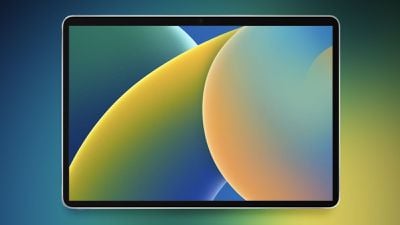
This guide aggregates everything that we know about the Apple Home display product that's in development.
Design
While Bloomberg's Mark Gurman initially claimed the smart home display would look similar to a low-end iPad, he later said that the device will have a small square display that's about the same size as "two iPhones side-by-side." The small size is expected to allow Apple to keep the price low.
The device would be light weight and designed to be moved from room to room to be hooked up to different charging hubs, or customers could have multiple units in different areas of the home.
Gurman believes that the display will feature a hemispherical base similar to the iMac G4, with the small screen positioned at an angle on the base. There is a possibility that Apple will include speakers in the base as well.
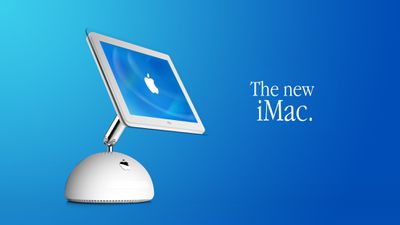 The original iMac G4
The original iMac G4According to 9to5Mac, the smart home accessory will have a "squarish display" and a built-in camera for FaceTime. The camera will reportedly be able to identify hand gestures from afar and tell one person from another. The hub will work as an AirPlay receiver.
We don't know concrete details about sizing, nor much about what kind of chargers Apple might design. A wall-mounted option would make the smart home device more integrated into the home than an iPad, and it would provide a centralized spot for anyone inside the home to control HomeKit and Matter-connected products.
Right now, both HomeKit and Matter devices need to be controlled from an iPhone, iPad, or Mac, and each person in the home needs to be individually invited to a HomeKit setup, which can be a hassle if there are guests in the house or for quick controls when an Apple device is not handy.
Presumably, two or more of the Home displays will likely be able to work with one another for use in separate rooms, similar to how the HomePod and Apple TV work now.
Apps and Apple Intelligence
The display will run apps like Calendar, Notes, and Home, and it will have an interface that's optimized for controlling smart home devices. Apple Intelligence will be a central feature on the smart home accessory, and it will eventually serve as a companion to the robotic device that Apple is working on.
Capabilities
In addition to being able to be used for smart home control purposes, the display could allow for streaming video and making FaceTime calls. It would have a built-in speaker, so it could also be some kind of iPad and HomePod hybrid device, which we've heard rumors about previously.
Competition
An Apple-designed smart home management product with an integrated display would compete with other smart home devices from companies like Facebook, Amazon, and Google. Facebook, for example, makes the Meta Portal, a device that can control Alexa-based products and that allows for video calls with friends and family.
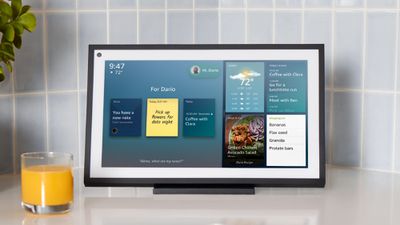
Amazon makes the Echo Show, a smart display with a speaker and a 10-inch display. It can be used for controlling smart home products, watching video, making calls, and more. Google offers the Nest Hub Max for streaming content, listening to music, and controlling products that integrate with the Google smart home system.
With almost all of Apple's major competitors offering an in-home device that is designed to serve as a hub for controlling smart home products and making calls, it's not hard to imagine a similar device from Apple.
Chip
Apple's upcoming smart home accessory is expected to use an A18 chip, which would allow it to run Apple Intelligence features.
Launch Date
Apple's upcoming iPad-like smart home accessory could be released as soon as 2025.


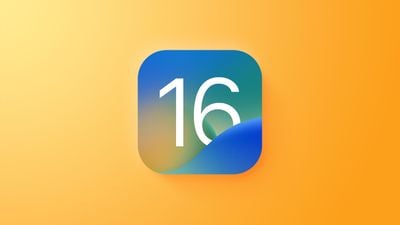
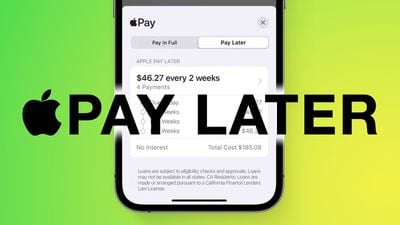
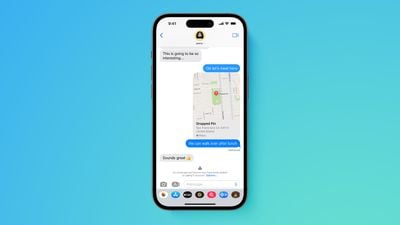
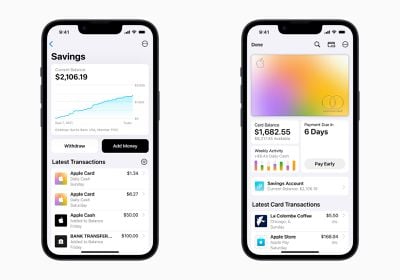
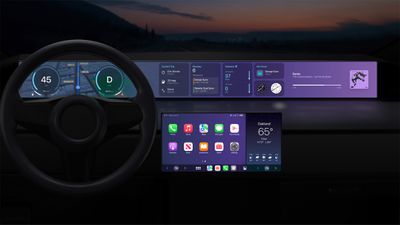
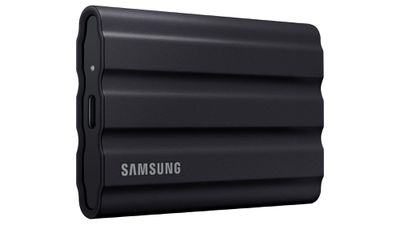

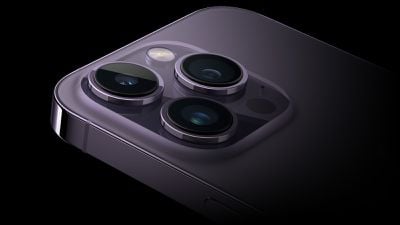
 Note: MacRumors is an affiliate partner with Amazon. When you click a link and make a purchase, we may receive a small payment, which helps us keep the site running.
Note: MacRumors is an affiliate partner with Amazon. When you click a link and make a purchase, we may receive a small payment, which helps us keep the site running.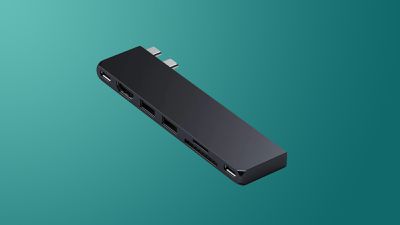
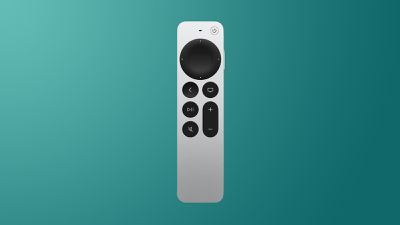
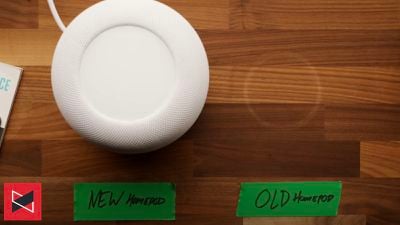
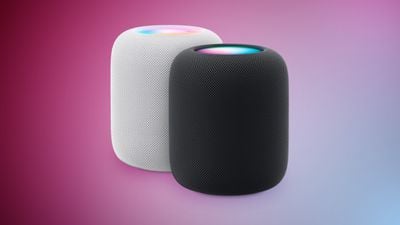
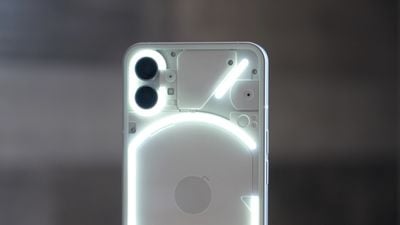
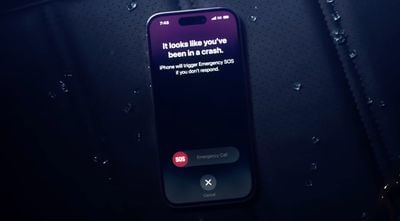
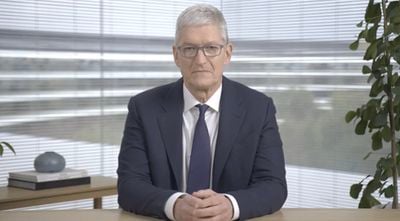

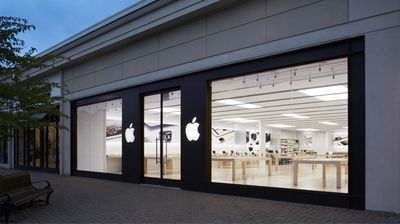
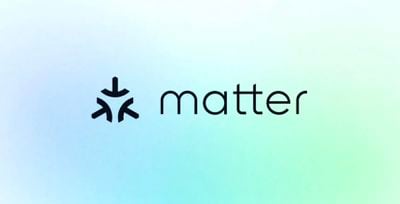
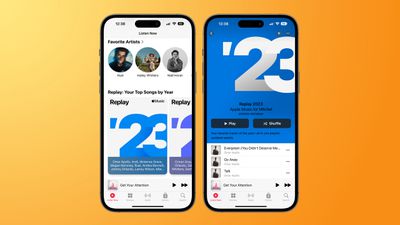
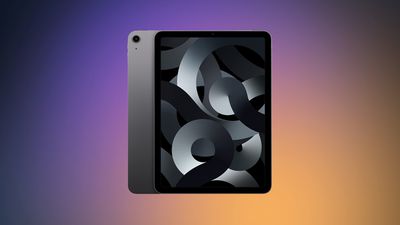 Note: MacRumors is an affiliate partner with Amazon. When you click a link and make a purchase, we may receive a small payment, which helps us keep the site running.
Note: MacRumors is an affiliate partner with Amazon. When you click a link and make a purchase, we may receive a small payment, which helps us keep the site running.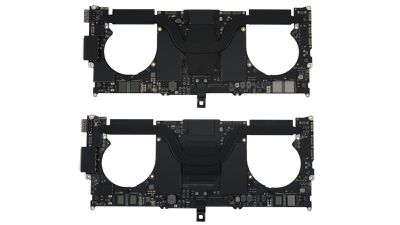 Top:
Top: 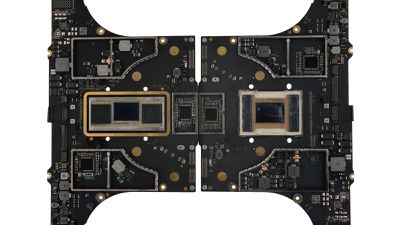 Left: M1 Pro SoC. Right: M2 Pro SoC (via
Left: M1 Pro SoC. Right: M2 Pro SoC (via 











